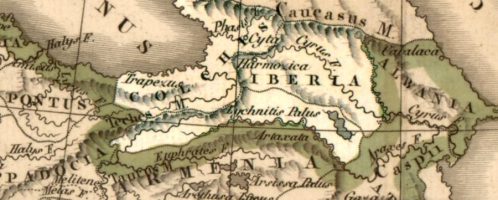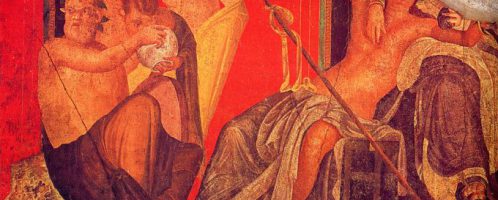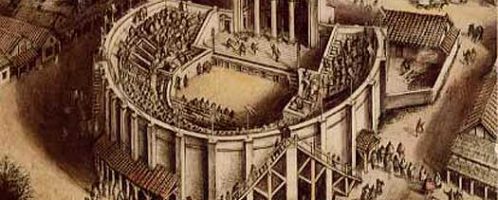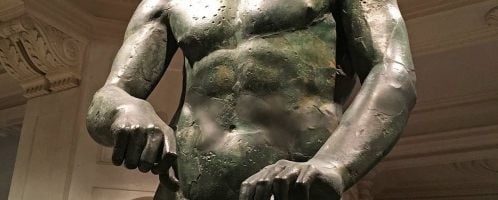Exaggerated feasting and vomiting in Roman world
Excessive consumption of food and excess was something the ancient Romans believed should be avoided at all costs. The ideal Roman should be devoted to the gods, his family and homeland, and above all, he should live a simple life and does not demand glory. However, as it always happens, in practice it was different and the Romans, as conquerors of the world, departed from their ideals, e.g. they indulged in boisterous feasts and decadent dishes.










